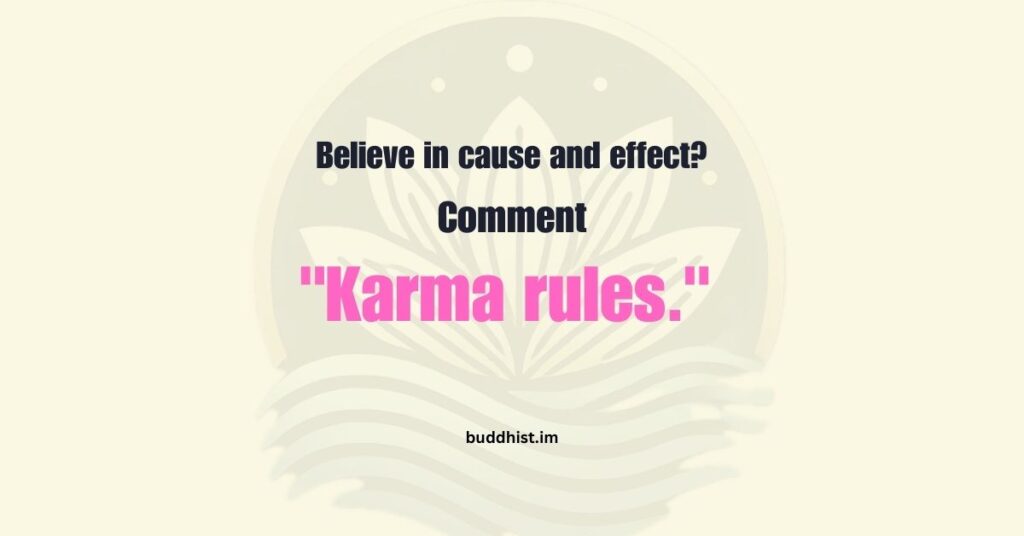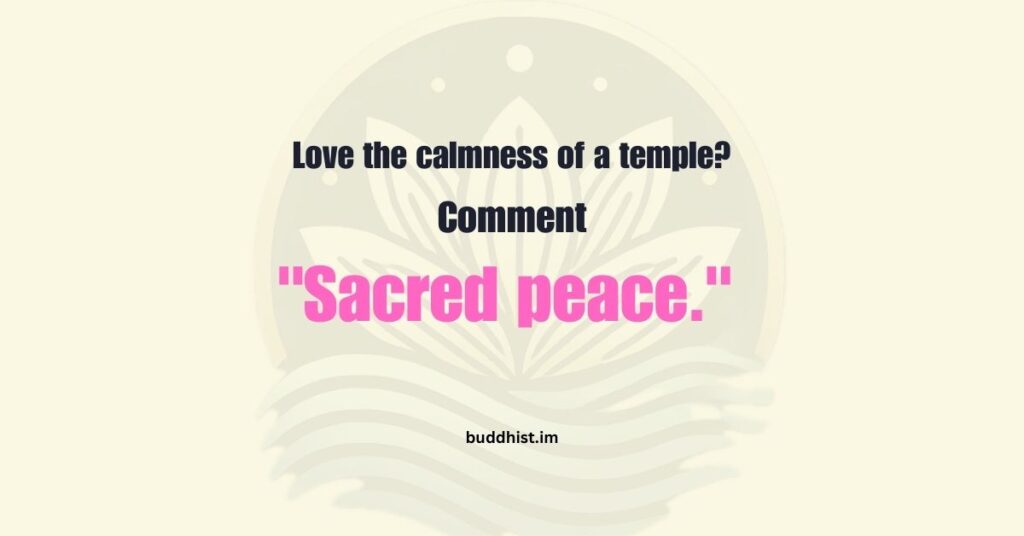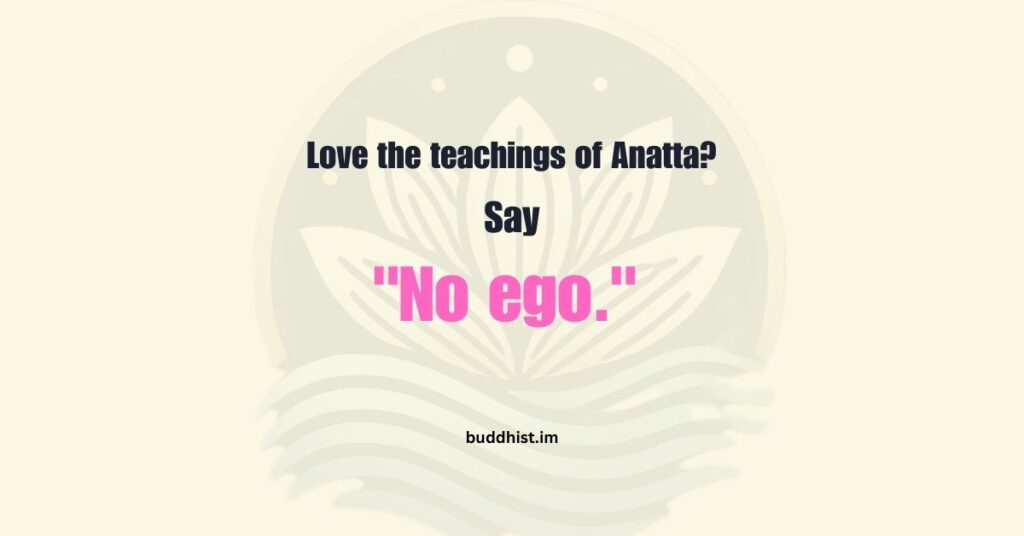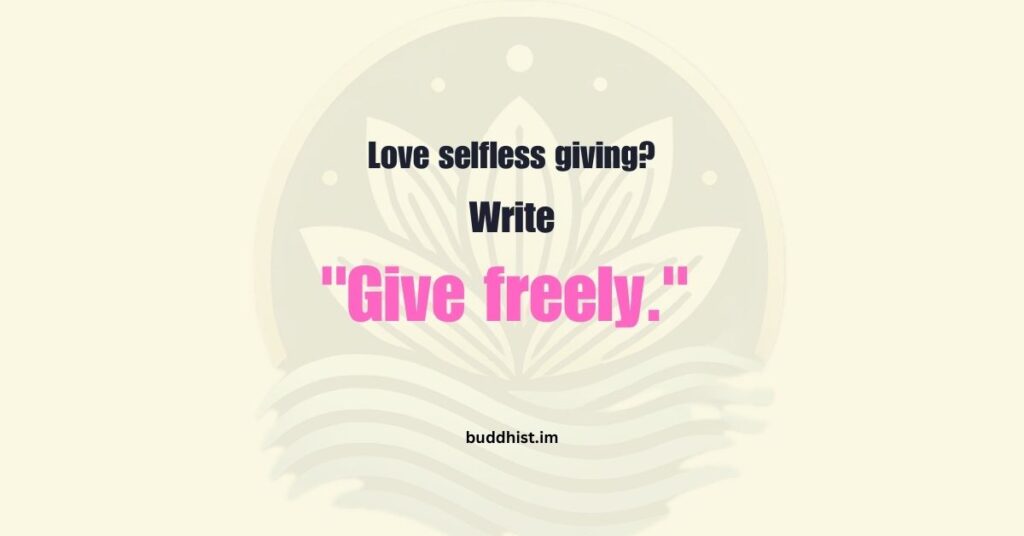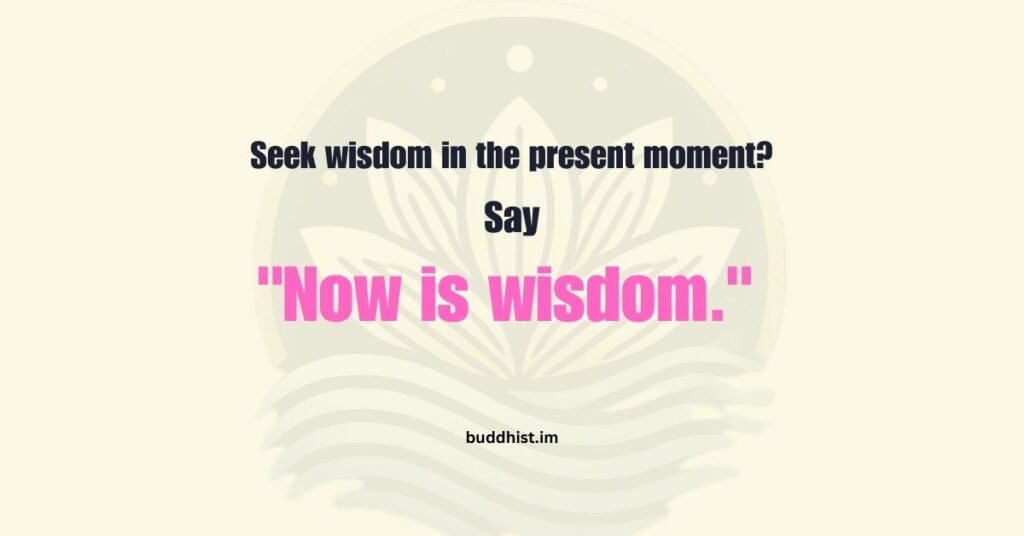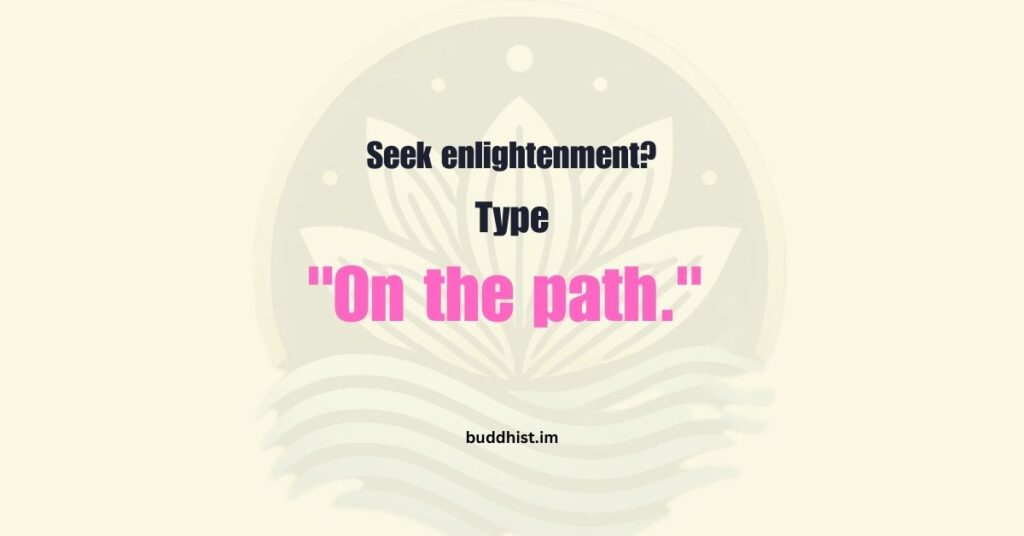Let’s be real: all couples fight. It’s as universal as forgetting where you parked your car. But if your arguments seem to spiral out of control faster than you can say “Namaste,” it’s time to hit pause, take a deep breath, and figure out what’s really going on.
As young couples, we’re all about love, laughter, and building a life together. But when disagreements start looking less like productive conversations and more like episodes of a reality TV drama, it’s not just frustrating, it’s draining. So, what’s the deal? Why do small tiffs over who left the toothpaste cap off turn into full-blown debates about who’s more “spiritually evolved”? Let’s find out and fix it, the Buddhist way.
The Real Culprit: Ego (Yep, That Sneaky Thing!)
In Buddhism, the ego is like that nosy neighbor who’s always peeking over the fence. It’s constantly whispering things like, “I’m right,” “I deserve better,” or “Why should I apologize first?” During a fight, our ego, not our partner, becomes the real enemy. It clings to the need to win, to be heard louder, and to prove a point, even when the argument has nothing to do with what’s truly important.
Ego-driven fights escalate because they’re no longer about solving the problem; they’re about defending our pride. And let’s be honest, nobody wins when pride is running the show. Instead of resolving conflict, we end up widening the emotional gap between us and our partner.
Step 1: Pause, Breathe, Reflect
When tensions rise, it’s tempting to unleash every complaint you’ve been bottling up since your first date. But before you let your inner volcano erupt, remember the Buddhist principle of mindfulness. Pause. Take a deep breath. And ask yourself: “What am I really feeling?”
Often, our anger is just a cover for something deeper: fear, hurt, or insecurity. By identifying what’s truly bothering you, you can approach the conflict with clarity rather than chaos. Bonus: breathing calms your nervous system, so you’re less likely to say something you’ll regret later.
Step 2: Drop the Scorecard
We’ve all been there: keeping mental tabs on every little thing our partner has done wrong. Forgot to take out the trash? One point deducted. Didn’t notice your new haircut? Minus three. But relationships aren’t sports games, and scorekeeping only fuels resentment.
Instead of tallying up mistakes, focus on the bigger picture. Your partner is your teammate, not your opponent. Instead of thinking, “How can I win this argument?” ask yourself, “How can we both feel heard and understood?”
Step 3: Practice “Right Speech”
One of Buddhism’s core teachings is the Eightfold Path, and a key component of it is “Right Speech.” This means speaking kindly, truthfully, and with the intention to bring harmony, not harm.
During an argument, this might look like:
- Avoiding blame. Instead of saying, “You never listen to me,” try, “I feel unheard when we talk about this.”
- Staying present. Don’t drag up past conflicts just to make a point.
- Using “I” statements. They’re less accusatory and more reflective of your own feelings.
Words can either be weapons or bridges. Choose wisely.
Step 4: Laugh It Off (When Appropriate!)
Humor is a secret weapon in every happy marriage. Sometimes, a little lightheartedness is all it takes to diffuse a heated moment. When a disagreement is veering into absurd territory (like arguing over whose turn it is to refill the water filter), crack a joke. Something like, “Maybe the Buddha can come down and settle this one for us!” can remind both of you not to take things too seriously.
Of course, timing is everything, don’t joke about something deeply sensitive. But for minor squabbles, laughter can be the quickest way back to connection.
Step 5: Meditate Together
Couples who meditate together, stay together. Okay, maybe that’s not an official saying, but it’s true! Meditation helps you both center yourselves, release tension, and reconnect with your shared values. It doesn’t have to be complicated, just five minutes of sitting quietly together, focusing on your breath, can work wonders.
You can even try loving-kindness meditation (metta), where you silently wish happiness and peace for your partner. It’s hard to stay mad at someone when you’re actively wishing them well.
Step 6: Remember the Impermanence
Buddhism teaches us that everything is impermanent, even your fights. What feels like a monumental issue today might not even cross your mind tomorrow. So, before you let a disagreement derail your relationship, ask yourself: “Will this matter a week from now? A year from now?”
Chances are, the answer is no. Keeping this perspective can help you let go of petty grievances and focus on what truly matters: your love and commitment to each other.
Wrapping It Up
Every couple fights, but not every fight has to escalate into a full-blown battle. By approaching conflicts with mindfulness, compassion, and a dash of humor, you can turn even the most heated disagreements into opportunities for growth and connection.
Remember, a happy marriage isn’t about never arguing, it’s about learning how to argue in a way that strengthens your bond instead of breaking it. So, the next time you find yourselves butting heads, take a breath, channel your inner Buddha, and tackle the issue together. After all, love isn’t about being perfect, it’s about being perfectly imperfect, together.
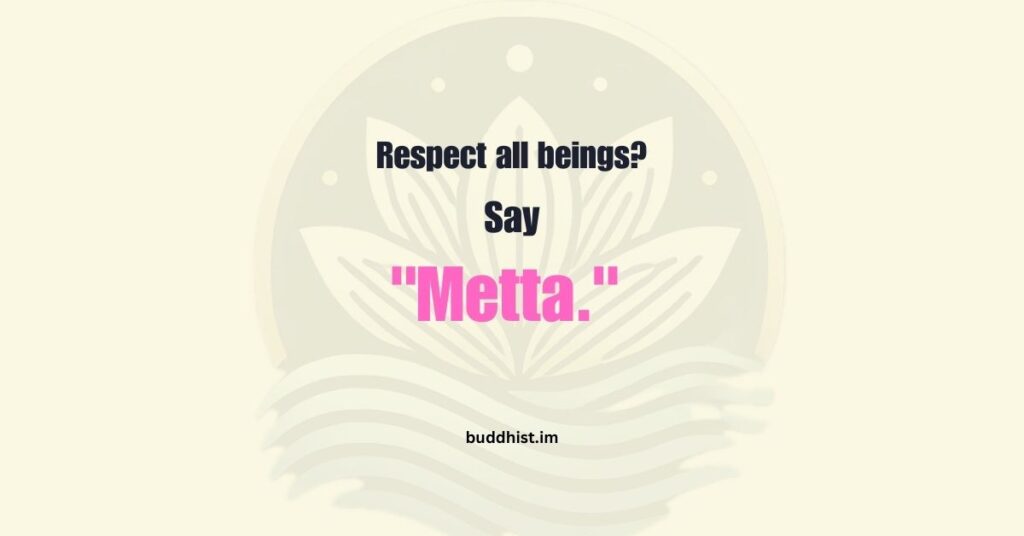
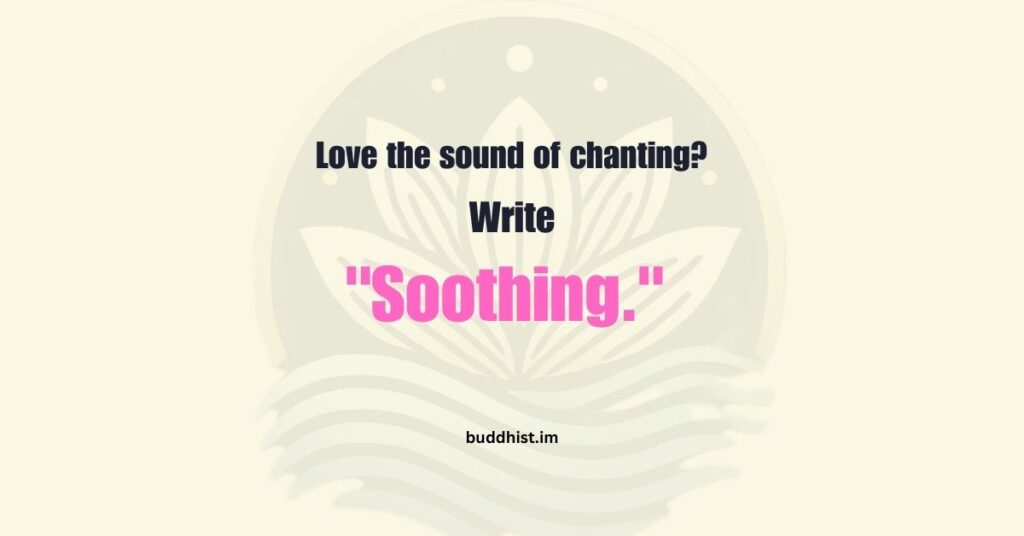
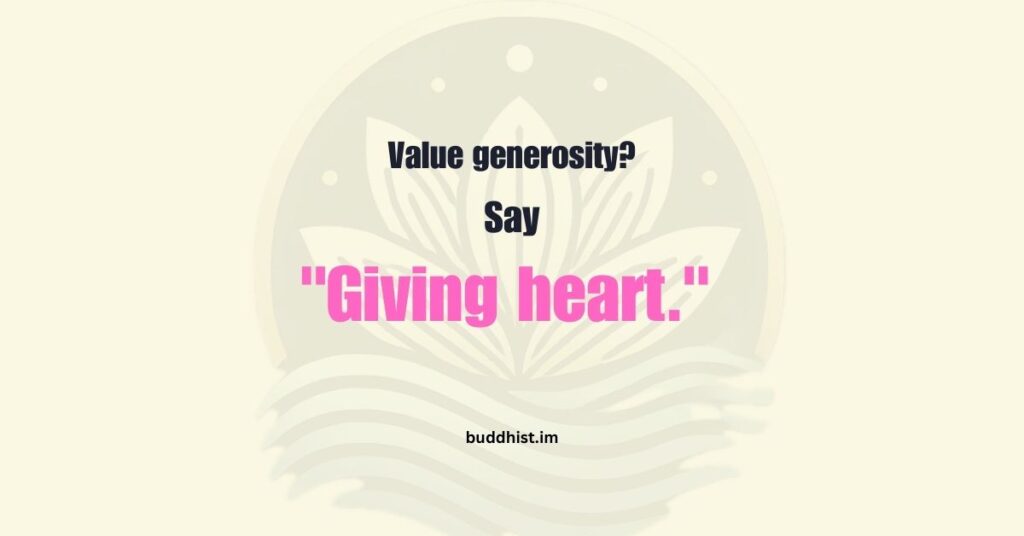
![Stop Losing Yourself in Marriage, [Here’s the Fix]](https://buddhist.im/wp-content/uploads/2025/01/Stop-Losing-Yourself-in-Marriage—Heres-the-Fix-1024x536.jpg)
![Stop Over-Explaining [Here’s What to Do Instead]](https://buddhist.im/wp-content/uploads/2025/01/Stop-Over-Explaining-Heres-What-to-Do-Instead-1024x536.jpg)

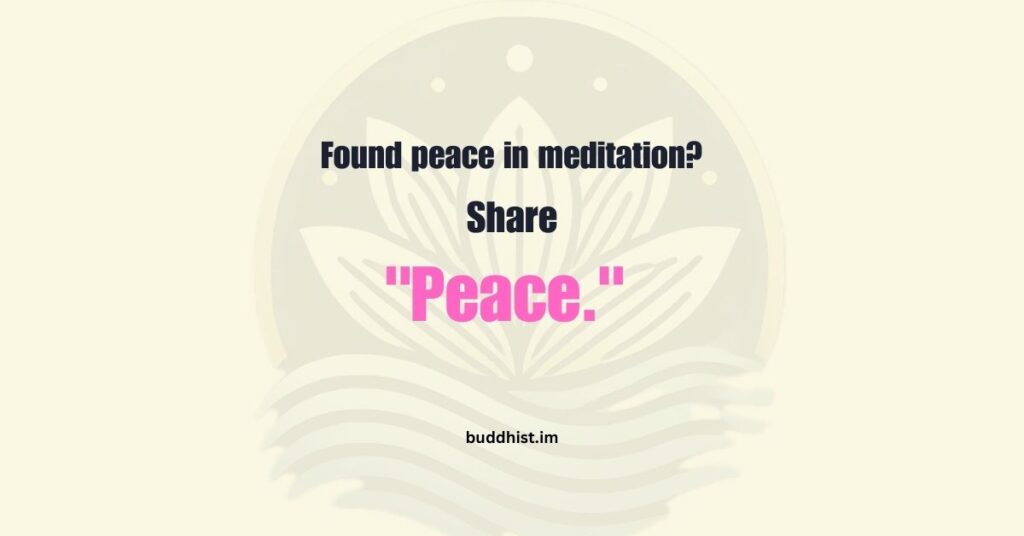
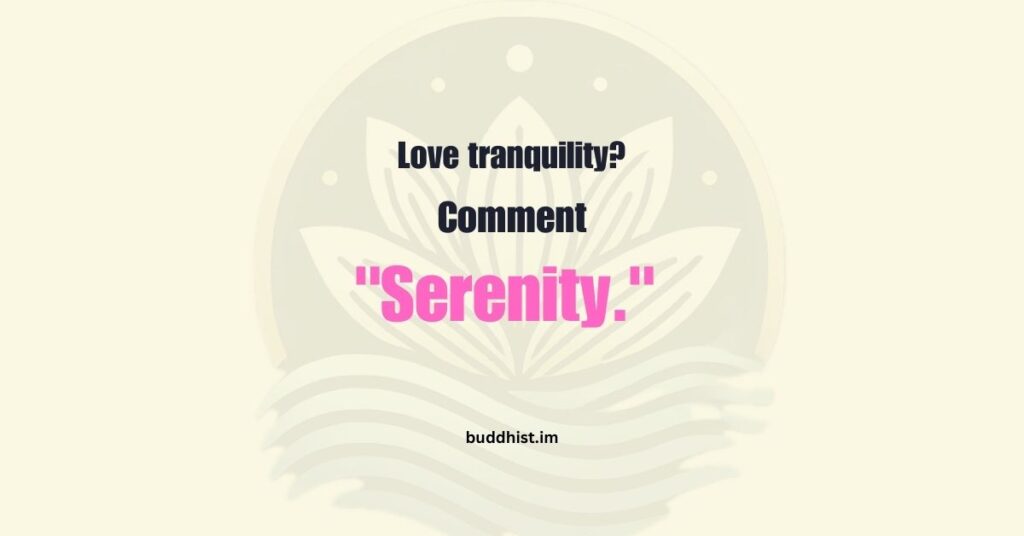


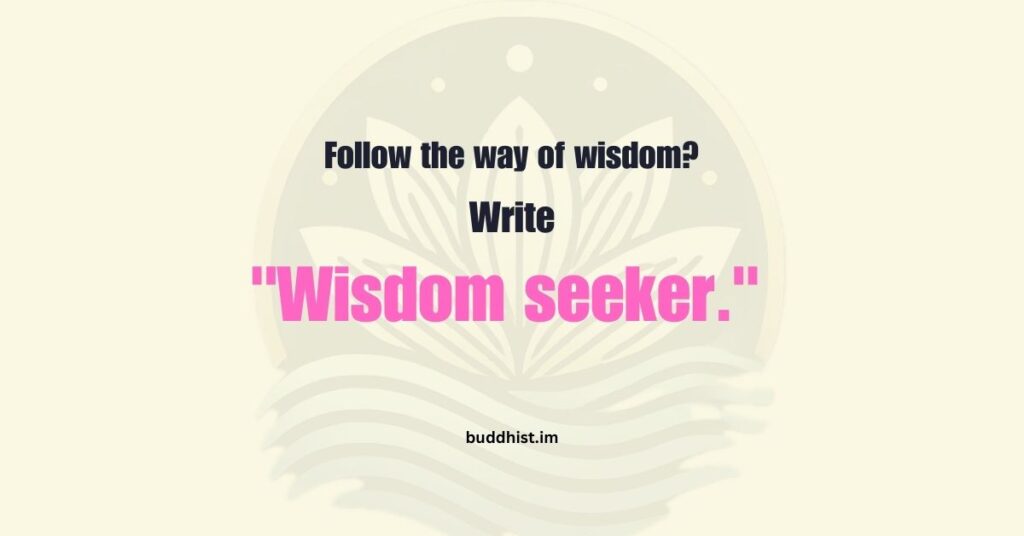
![[Trust Thrives on THIS] And It’s Easier Than You Think!](https://buddhist.im/wp-content/uploads/2025/01/Trust-Thrives-on-THIS—And-Its-Easier-Than-You-Think-1024x536.jpg)
